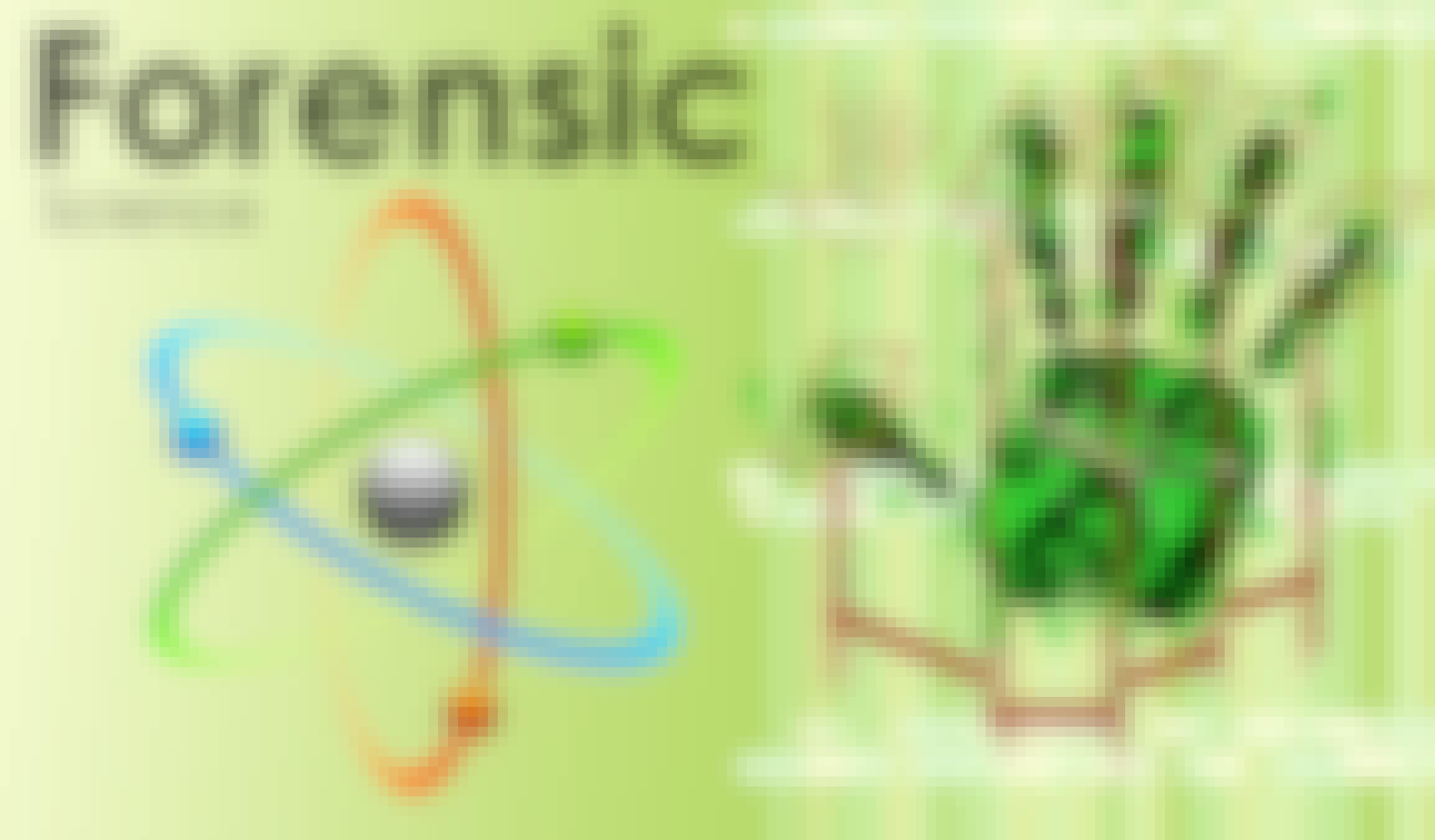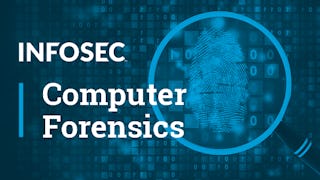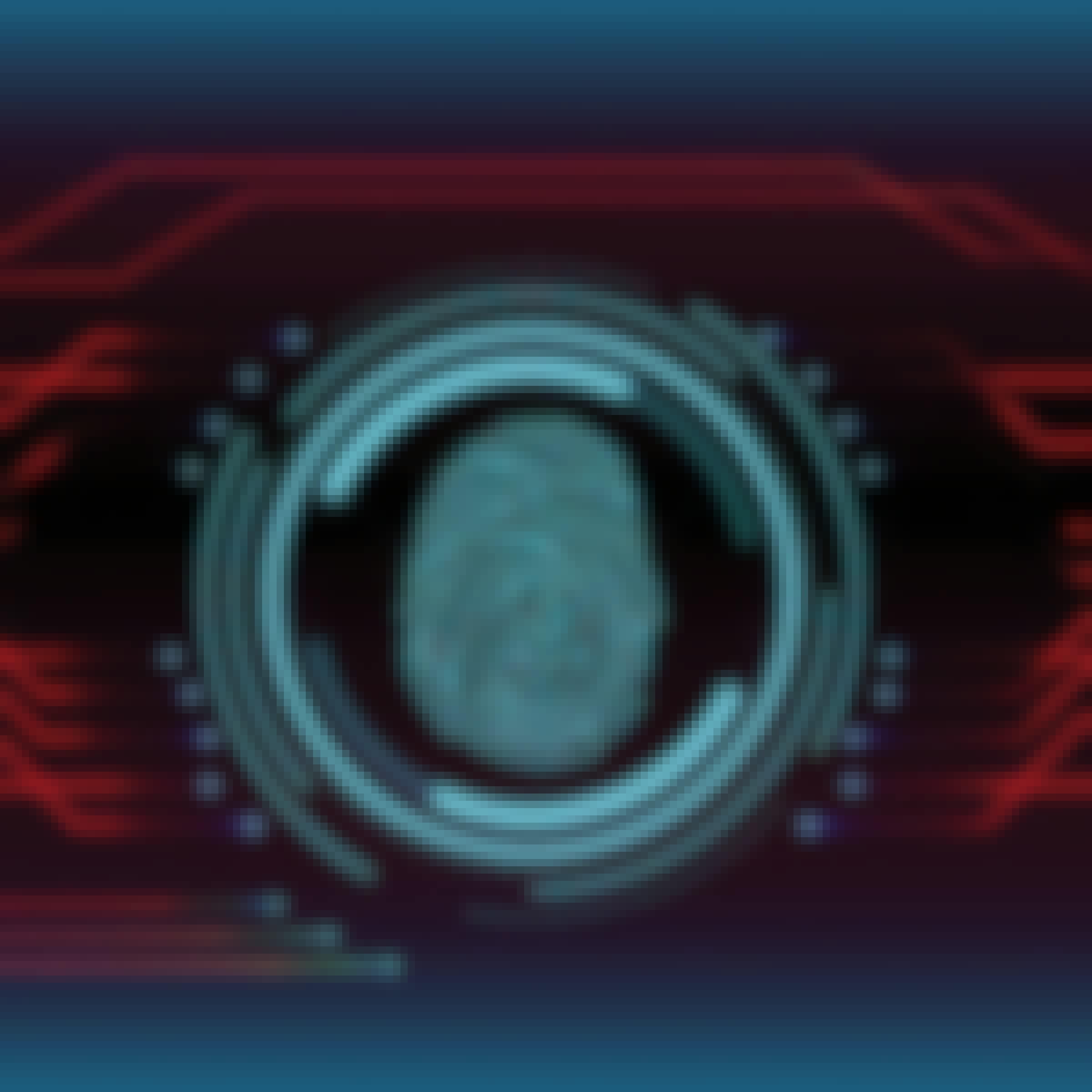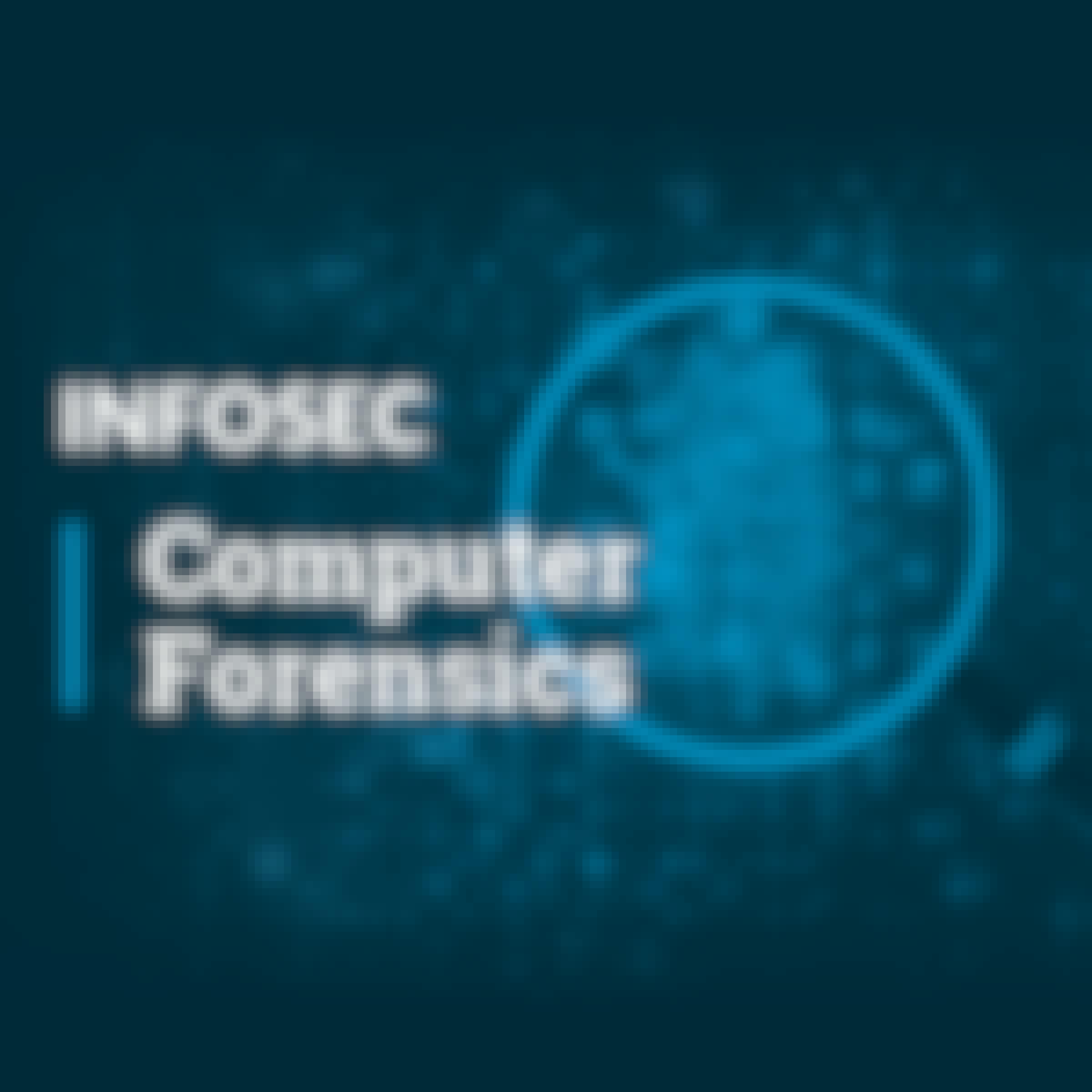Filter by
SubjectRequired
LanguageRequired
The language used throughout the course, in both instruction and assessments.
Learning ProductRequired
LevelRequired
DurationRequired
SkillsRequired
SubtitlesRequired
EducatorRequired
Explore the Forensic Course Catalog
 Status: Preview
Status: PreviewNanyang Technological University, Singapore
Skills you'll gain: Criminal Investigation and Forensics, Scientific Methods, Chemistry, Investigation, Case Studies, Biochemistry, Analytical Chemistry, Pharmacology, Laboratory Testing, Hematology, Pathology, Molecular Biology
 Status: Free Trial
Status: Free TrialInfosec
Skills you'll gain: File Systems, Microsoft Windows, Cybersecurity, TCP/IP, Network Protocols, Data Security, Litigation Support, File Management, Network Security, Operating Systems, Data Structures, General Networking, Data Validation, Record Keeping, System Software, Data Integrity, Data Analysis Software, User Accounts, USB, System Configuration
 Status: Preview
Status: PreviewWest Virginia University
Skills you'll gain: Fraud detection, Internal Controls, Anomaly Detection, Financial Auditing, Cybersecurity, Investigation, Analytics, Big Data, Accounting, Compliance Reporting, Data Analysis Software, Ethical Standards And Conduct
 Status: Preview
Status: PreviewUniversity of Lausanne
Skills you'll gain: Criminal Investigation and Forensics, Legal Proceedings, Laboratory Reports, Scientific Methods, Statistical Analysis, Report Writing, Probability & Statistics, Research, Technical Communication, Case Studies, Molecular Biology
 Status: NewStatus: Preview
Status: NewStatus: PreviewUniversity of Cambridge
Skills you'll gain: Criminal Investigation and Forensics, Molecular Biology, Healthcare Ethics, Specimen Collection, Scientific Methods, Biostatistics, Laboratory Techniques, Analytical Testing, Biology, Image Analysis, Emerging Technologies
 Status: Free Trial
Status: Free TrialSkills you'll gain: Incident Response, Computer Security Incident Management, Intrusion Detection and Prevention, Threat Detection, Cyber Threat Hunting, Incident Management, Cybersecurity, Security Management, Security Information and Event Management (SIEM), Data Integrity, Technical Communication
What brings you to Coursera today?
 Status: NewStatus: Free Trial
Status: NewStatus: Free TrialMacquarie University
Skills you'll gain: Criminal Investigation and Forensics, Investigation, File Systems, Mobile Security, Cybersecurity, Data Security, Threat Detection, Data Integrity, Graphical Tools, Digital Communications, Malware Protection, File Management, Computer Security Incident Management, Incident Response, Mobile Development Tools, Data Storage, Real Time Data, Disaster Recovery, Network Analysis, Regulation and Legal Compliance
 Status: Preview
Status: PreviewMcMaster University
Skills you'll gain: Precision Medicine, Molecular Biology, Bioinformatics, Pharmacology, Medical Science and Research, Biotechnology, Biochemistry, Laboratory Techniques, Healthcare Ethics, Science and Research
 Status: Free Trial
Status: Free TrialEC-Council
Skills you'll gain: Malware Protection, Cybersecurity, Cyber Attacks, Threat Detection, Network Security, Data Integrity, Data Storage, Network Analysis, Microsoft Windows, Mac OS, Linux, Web Applications, File Systems
 Status: Preview
Status: PreviewYale University
Skills you'll gain: Psychology, Child Development, Psychiatry, Mental Health, Human Development, Human Learning, Social Sciences, Behavioral Health, Sociology, Neurology, Critical Thinking, Scientific Methods, Problem Solving
 Status: Free Trial
Status: Free TrialRice University
Skills you'll gain: Human Musculoskeletal System, Anatomy, Endocrinology, Orthopedics, Kinesiology, Physiology, Neurology, Medical Terminology, Cell Biology, Biology, Chemistry, Clinical Practices, Sports Medicine, Physical Therapy, Molecular, Cellular, and Microbiology, Life Sciences, Lifelong Learning
 Status: Free Trial
Status: Free TrialInfosec
Skills you'll gain: Cybersecurity, TCP/IP, Network Protocols, Data Security, Litigation Support, Network Security, General Networking, Record Keeping, Data Storage, Data Integrity, Cryptography, File Management, File Systems, Encryption, Data Validation, Command-Line Interface, Technical Writing, Linux Commands, Unix Commands, Algorithms
Forensic learners also search
In summary, here are 10 of our most popular forensic courses
- Introduction to Forensic Science: Nanyang Technological University, Singapore
- Computer Forensics: Infosec
- Forensic Accounting and Fraud Examination: West Virginia University
- Challenging Forensic Science: How Science Should Speak to Court: University of Lausanne
- Forensic Science: DNA Analysis: University of Cambridge
- Incident Response and Digital Forensics: IBM
- Cyber Security: Digital Forensics: Macquarie University
- DNA Decoded: McMaster University
- Digital Forensics Essentials (DFE): EC-Council
- Introduction to Psychology : Yale University










